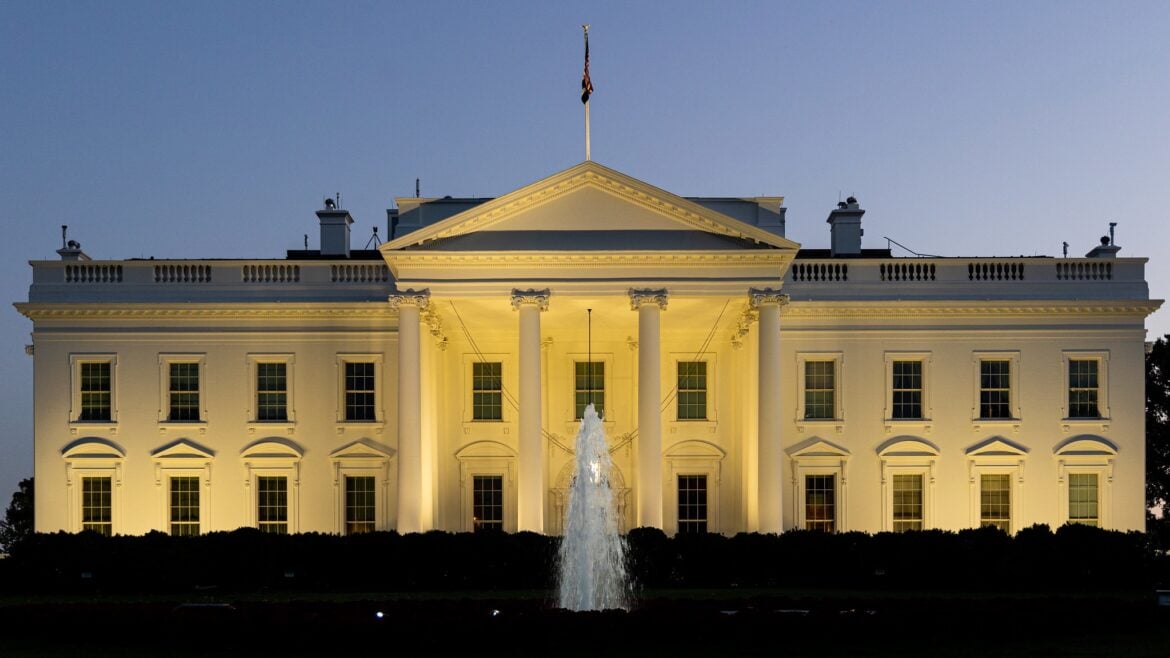White House proposes eliminating CPB’s funding in FY26 budget plan

Billy Wilson / Flickr via Creative Commons
The Trump administration has proposed the elimination of CPB’s federal appropriation for FY26.
White House Office of Management and Budget Director Russell Vought included the proposal in a Friday letter detailing larger discretionary budget cuts to Republican Sen. Susan Collins, chair of the Senate Committee on Appropriations.
The letter proposes reducing the base non-defense discretionary budget by $163 billion, or 22.6%, from the current year.
“The recommended funding levels result from a rigorous, line-by-line review of FY 2025 spending, which was found to be laden with spending contrary to the needs of ordinary working Americans and tilted toward funding niche non-governmental organizations and institutions of higher education committed to radical gender and climate ideologies antithetical to the American way of life,” Vought wrote.
CPB is listed with other “small agency eliminations,” such as the 400 Years of African American History Commission and the Institute of Museum and Library Sciences.
The document says the elimination of federal funding for the “small agencies” is consistent with Trump’s “efforts to decrease the size of the Federal Government to enhance accountability, reduce waste, and reduce unnecessary governmental entities.”
CPB is a nonprofit corporation, not a federal agency, that receives federal funding through congressional appropriations that are approved two years in advance.
CPB’s FY 2026 appropriation is $535 million, the same amount included in the spending bill approved by Congress in March for CPB’s FY27 funding.
While Vought’s letter lists cuts at numerous federal agencies, including at the Department of Education, there was no specific mention of Ready to Learn, an early-learning program for preschool children that CPB and PBS have managed under a contract with the education department.
In a Friday meeting of the CPB board, Chair Ruby Calvert reported that “nearly all federal funding for public media appears to be eliminated” in Trump’s budget request.
Calvert also noted the flurry of executive actions targeting public media this week, including CPB’s lawsuit challenging the administration’s attempt to fire CPB board members and Trump’s Thursday night executive order instructing CPB to cease federal funding for NPR and PBS.
CPB was structured to ensure bipartisan oversight of funding and to protect the nonprofit from interference, Calvert said.
“Accordingly, CPB and the CPB board were duty-bound to object to the executive branch’s attempt to terminate members of the CPB board,” Calvert said.
Calvert went on to describe public media’s support from many “conservative friends.”
“Those of you who know me personally know that I come from a deeply conservative Republican family and state,” said Calvert, a former GM of Wyoming PBS.
Her brother served in leadership positions for both chambers of the Wyoming Legislature, “where we continue to hold a large Republican majority,” she said. “Like him, I am very fiscally conservative and philosophically conservative.”
“My role on the CPB board is shaped by my Western values, my Republican values and my fiduciary duties to CPB,” Calvert said. “All of us on this board are dedicated to responsibly managing the funds CPB receives to best serve the American public.”






